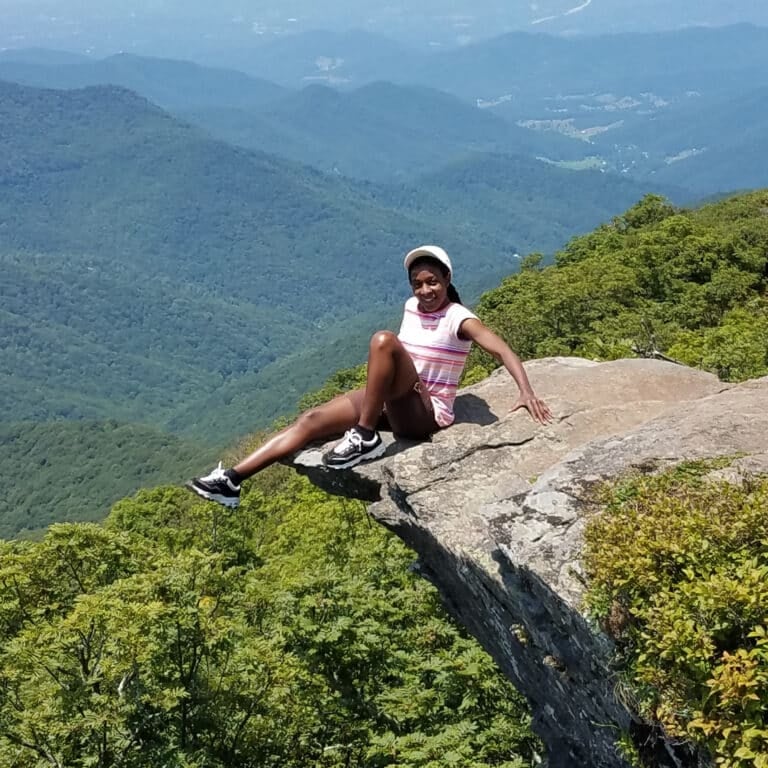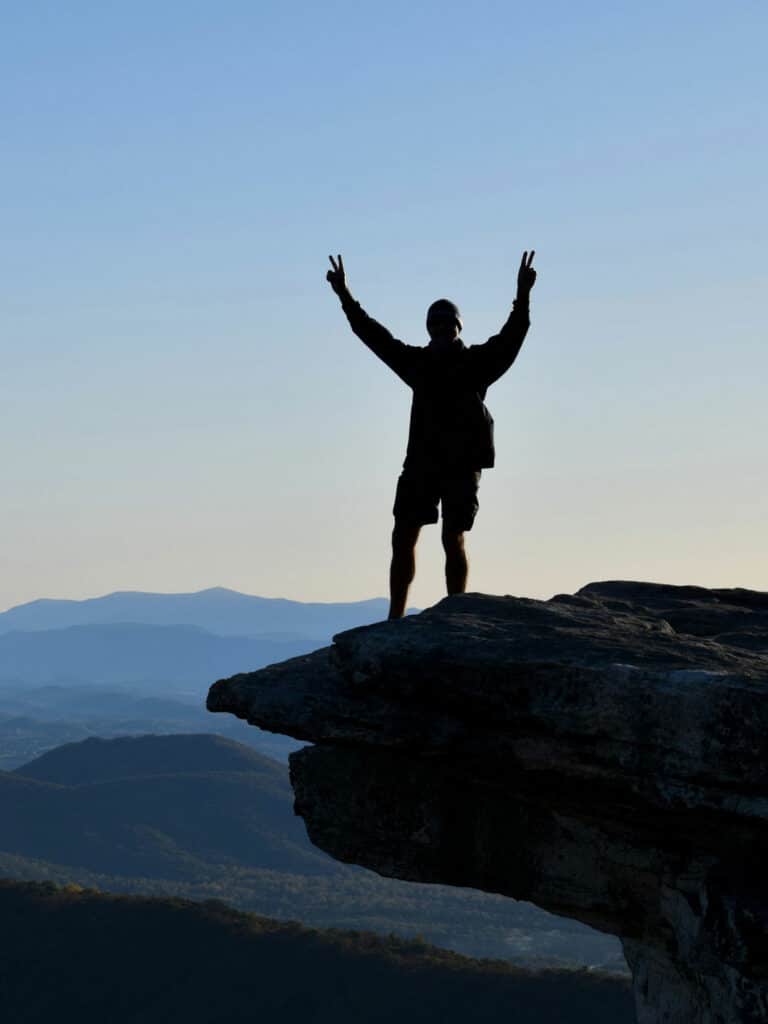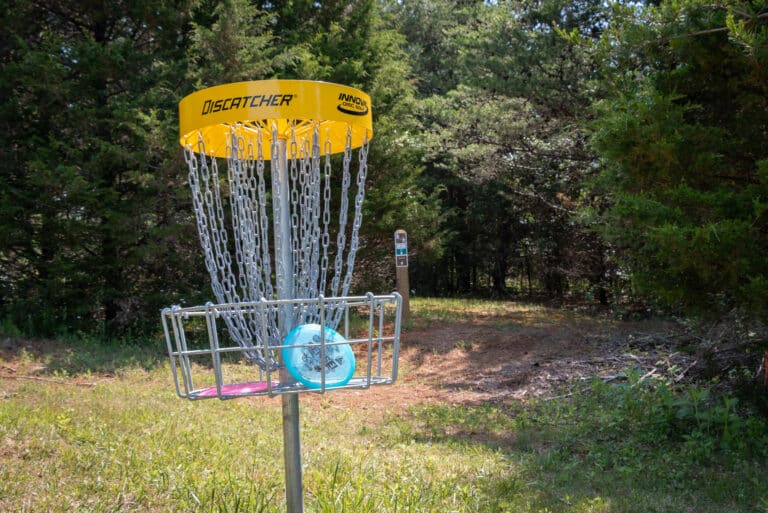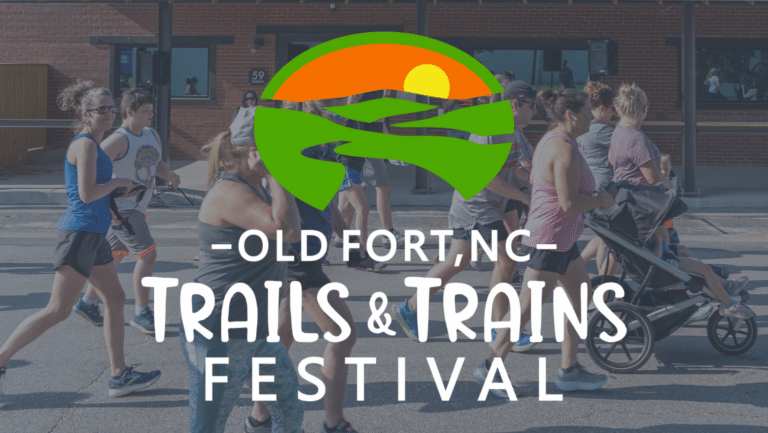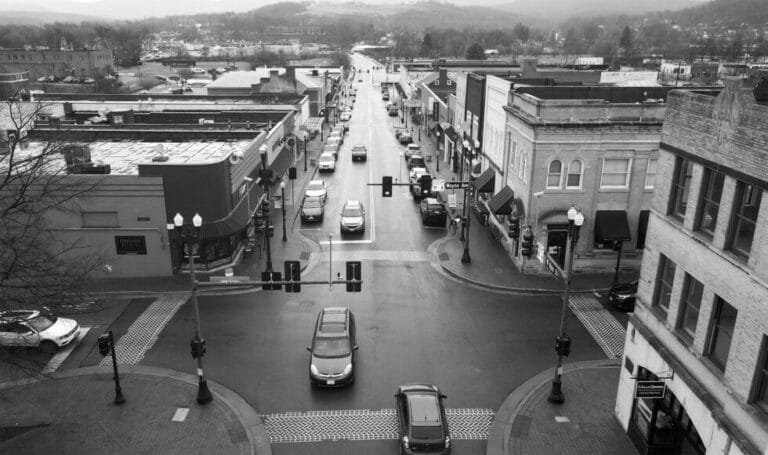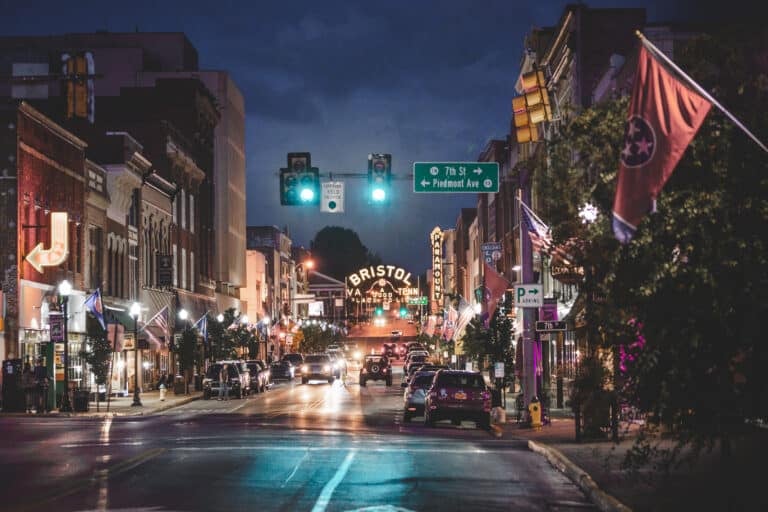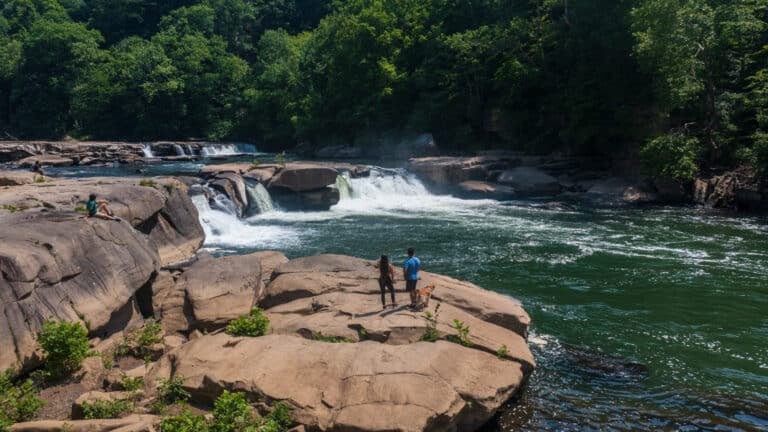A steep mountain road Brings a Runner Back to His Roots
“You OK, son?”
It’s mid-October of 2003—one of those crystal-clear fall afternoons that never seems to end—and an older man in a sedan has pulled up beside me on Georgia Highway 180 Spur. The two-lane blacktop snakes its way up Brasstown Bald, the highest point in the state, and I’ve decided to try running the three miles from its base at Jack’s Gap all the way to the thimble-shaped observation tower at the summit.
“Oh, yeah. I’m fine. I just—” I wheeze as he interrupts me, asking if I need a ride. I’m hardly a mile up the highway, and he’s worried. Things aren’t going well.
That run up Brasstown 15 years ago was the first of many I’d take while I attended college just a few miles down the road. In fact, those trips became a near-weekly occurrence: aim the car north, find a rock station broadcasting out of Atlanta, and wind my way on mostly empty state highways into the cluster of high mountains the next county over.
And then there was the run itself. The climb up Brasstown is a beast, ascending at grades approaching 20 percent—a road steep enough to give pro cyclists fits during the Tour de Georgia in the early 2000s. Running to the summit just felt like you’d accomplished something badass, even in the age before a selfie was needed to make an outdoor trip complete.
Looking back, I’m not sure why my runs up Brasstown became a thing. Maybe it was an escape from studying, or maybe it was a chance to get my mind off of stumbling my way into adulthood. Maybe it wasn’t even the running at all but the chance to get out alone in the mountains for awhile. One of my friends says that you never feel more alive than when you’re driving a little too fast down a southern backroad with the windows down and the radio blaring. He’s not wrong.
Even though I and everything else around it had changed, the mountain—and the struggle of climbing it—was the same. And when it comes to why we get outdoors in the first place, isn’t that the point?
Regardless of the reason, that feeling didn’t last. I eventually started a career and moved from visiting the mountains once a week to living in them, albeit a few hours north in Virginia. And over time, driving into the mountains quit being so special. It’s a feeling that all of us who live in the Blue Ridge risk. Our favorite parks and trails can become all too familiar, and the hills that once seemed so striking on our horizon can become just another part of the landscape. Today, I’ll often catch myself grumbling through traffic on my way to the trailhead after work to squeeze in an evening run.
I never really thought about that change until this past winter, when a work trip put me back in Georgia and not too far from Brasstown. I ended up with a free afternoon, so I pointed the car north again and headed for the mountains just like I’d done years earlier. I wasn’t sure how it would turn out. The world seems angrier now, my understanding of it a bit wearier, and my body an undisclosed amount of weight heavier than when I made that first run up the mountain as a teenager. As I drove into the hills, I fumbled around for that old rock station but ended up finding someone shouting over political talk radio instead.
I wish I could report that my return to Brasstown went well, but it didn’t. I started out from Jack’s Gap too fast, forgot my pacing, and blew up midway through a particularly steep grunt where the road angles right up the nose of the ridge. I walked, cussed, and trotted at intervals from there.
At the top, though, I remembered why I made those runs so many years ago. In 15 years’ time, not much was different on the summit. The Brasstown Wilderness still cloaked the ridges surrounding the lookout, while the Blue Ridge gradually faded to the Piedmont to my south. Lake Chatuge glittered in the valley below. Even though I and everything else around it had changed, the mountain—and the struggle of climbing it—was the same. And when it comes to why we get outdoors in the first place, isn’t that the point?
Maybe I’m just turning this essay into a therapy session, but maybe that’s also one of the many things the mountains can be. A few weeks after my trip to Georgia, I was sitting through an especially dull workday when that run up Brasstown came to mind. I snuck out of the office early, but this time I headed for the highest summit in the county instead of the park where I do my usual evening run. I left the car in a pull-out at the base of the mountain and began climbing an approach road that led to a lookout tower a couple of thousand feet higher up. It wasn’t Brasstown, but it was close enough.
This run didn’t go any better, but as I eased around a sharp curve, an engine revved behind me. A pickup crept up the road, and a concerned voice called out from the driver’s seat.
“You alright?”
For a moment, it didn’t matter what mountain I was on. Everything clicked into place, and a goofy smile flashed across my face. “Oh, yeah,” I yelled back. “Everything’s fine.”

